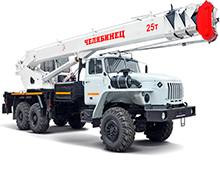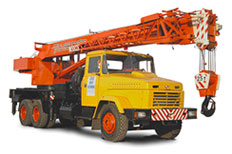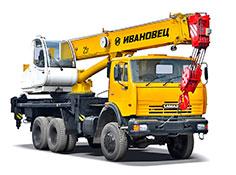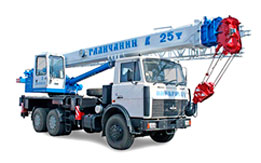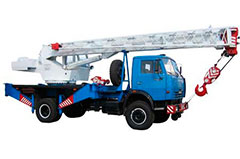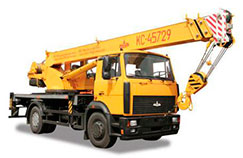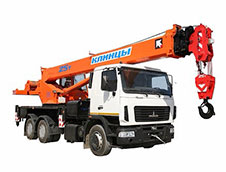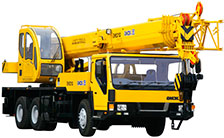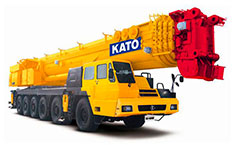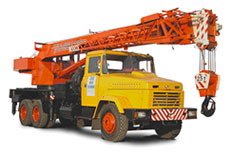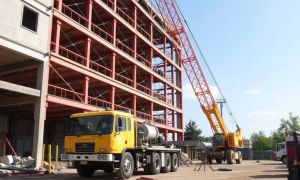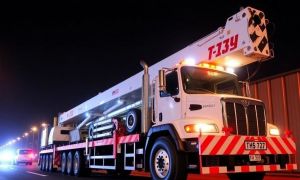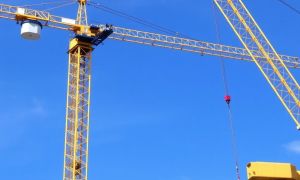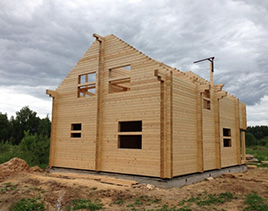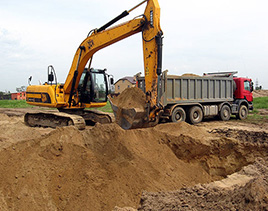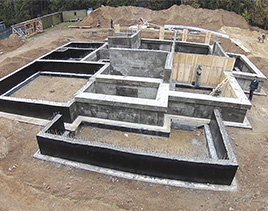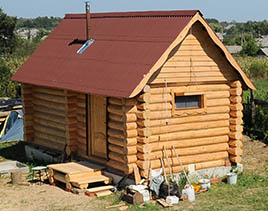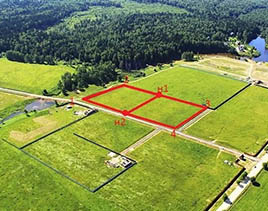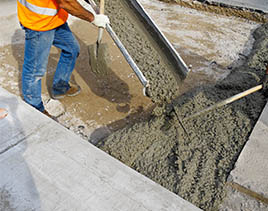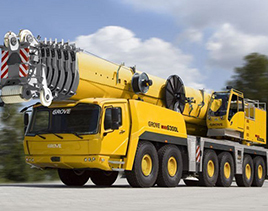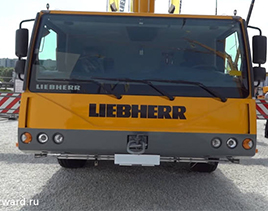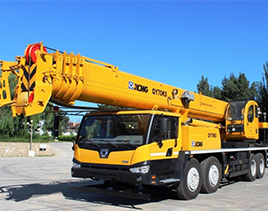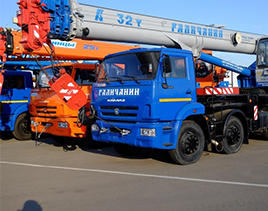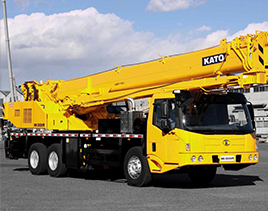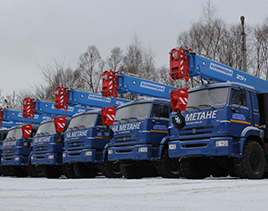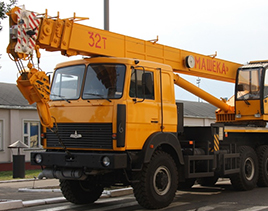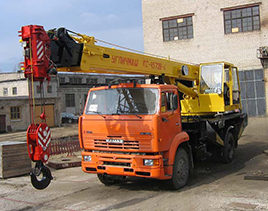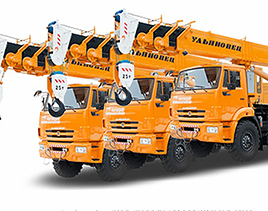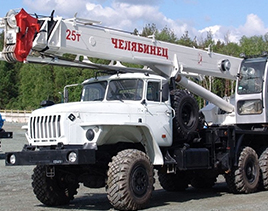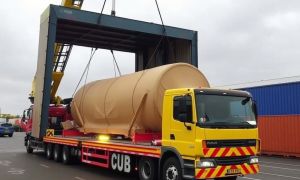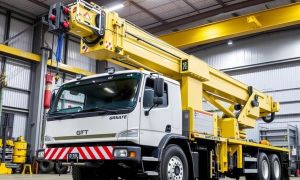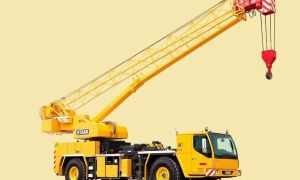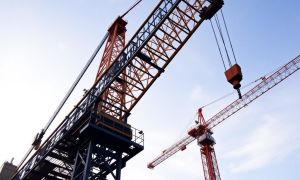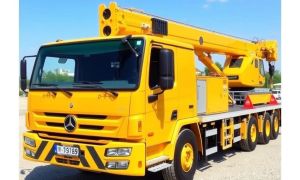When it comes to construction and heavy lifting, crane operators play a pivotal role. These skilled professionals are not just essential for lifting steel beams or heavy machinery—they are the backbone of many large-scale infrastructure projects. But what does the future hold for crane operators? Will advancements in technology and automation change the nature of their work, or will demand continue to grow as cities expand and industries evolve? In this article, we will explore the future job market for crane operators, offering a comprehensive look at trends, challenges, opportunities, and the skills needed to thrive in this ever-changing field.
The Current Landscape of the Crane Operator Profession
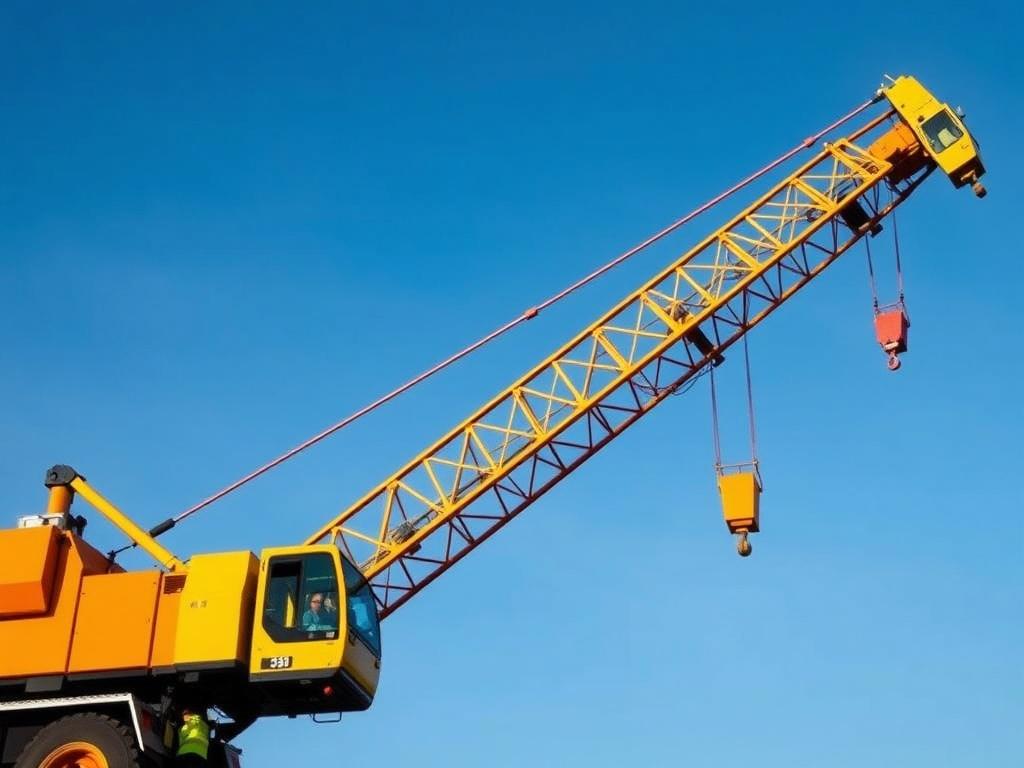
Before diving into the future, it helps to understand the present. Crane operators are highly trained professionals responsible for maneuvering cranes used on construction sites, docks, and other industrial settings. According to labor statistics, the job is considered physically demanding but rewarding, with competitive wages reflecting the skill and responsibility required.
Typical Duties of a Crane Operator
Crane operators are responsible for lifting, moving, positioning, and placing loads safely and efficiently. These can include steel girders, concrete panels, shipping containers, and more. Precision is critical, as mistakes can lead to accidents, property damage, or injuries. Beyond operation, crane operators must routinely inspect equipment for safety, communicate with ground crew using signals or radios, and adhere to safety procedures.
Key Skills and Qualifications
| Skills | Description |
|---|---|
| Mechanical Aptitude | Understanding machinery and crane operation mechanics |
| Hand-Eye Coordination | Precise control over crane movements |
| Attention to Safety | Identifying hazards and following protocols |
| Communication | Coordinating effectively with team members |
| Certification | Obtaining proper licensing and training |
Understanding these core attributes helps us appreciate the complexity behind the role and why operators are indispensable.
Trends Shaping the Future Job Market for Crane Operators
The future of any profession is defined by industry trends, evolving technology, economic conditions, and workforce demands. For crane operators, several exciting and impactful trends will influence career prospects.
1. Increasing Infrastructure Projects Drive Demand
Urbanization is accelerating globally. Cities are expanding, and governments are investing heavily in infrastructure development. This trend suggests steady demand for skilled crane operators, especially in metropolitan areas or regions undergoing modernization.
2. Technological Advancements and Automation
Technology is a double-edged sword. On one hand, automation and remote-control cranes could reduce the number of operators needed on-site. On the other hand, these technologies require skilled workers to operate complex systems, maintain equipment, and troubleshoot issues, creating new roles and specialties within the field.
3. Safety Regulations and Training Requirements
With construction sites often being high-risk environments, safety regulations are becoming more stringent. Operators who keep up with evolving certifications and safety protocols will be more competitive. The job market is gravitating toward well-trained, certified individuals.
4. Environmental and Green Construction Initiatives
Sustainability is increasingly important in construction. Green building projects might demand different approaches to crane operations, requiring operators to adapt their practices for energy efficiency and environmental compliance.
What the Future Job Market Will Look Like
Let’s focus on what the crane operator job market is likely to look like moving forward. Will there be ample opportunities? What challenges might job seekers face?
Steady Growth and Regional Differences
The U.S. Bureau of Labor Statistics projects that employment of crane operators will grow in the next decade, roughly in line with average job growth. However, this growth will vary by region. Areas with robust construction activity—urban centers, coastal cities, and regions with industrial projects—will offer more openings.
Job Competition and Skill Specialization
While the number of jobs may grow steadily, competition could become more intense, especially for coveted positions on large, high-profile projects. Operators with specialized skills, such as those who can manage tower cranes or heavy-duty machines in complex environments, will stand out in the market.
Emergence of Remote and Automated Operations
Remote-control crane operation is a growing niche. Operators can now control cranes from a safe distance using cameras and joysticks, enhancing safety and efficiency. This shift means operators need training in remote technologies, offering an opportunity to diversify skills.
How to Prepare for the Future Job Market as a Crane Operator
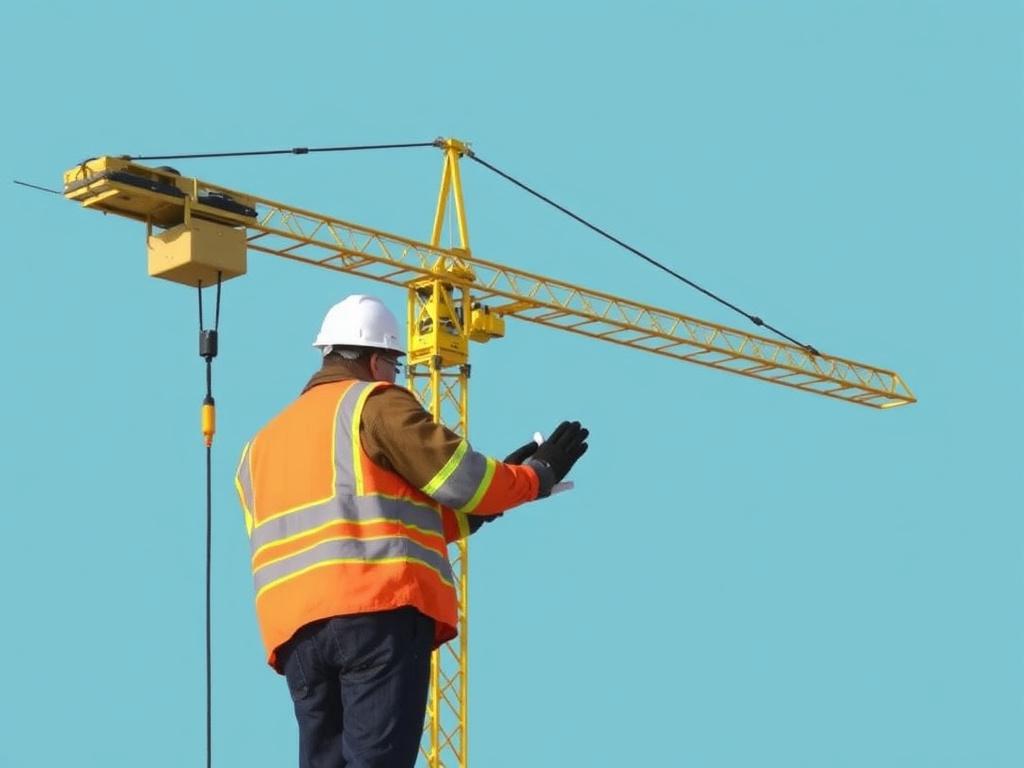
If you are considering a career as a crane operator or already work in the field, here is how to adapt and position yourself for success.
Continuous Education and Certification
Technological advances mean that ongoing education isn’t optional. Look for courses that cover new crane models, remote operation, safety updates, and certifications from recognized industry bodies.
Developing Technical Skills Beyond Operation
Understanding crane mechanics and ability to troubleshoot are valuable assets. Operators who can conduct equipment maintenance or train others improve their employability.
Adaptability to New Technologies
Embrace change. Learn to use software control systems, safety sensors, and automation tools. Being tech-savvy will help you stay relevant as the industry evolves.
Health and Fitness Maintenance
Given the physical demands and safety aspects of crane operation, maintaining good health and fitness is crucial for longevity in the profession.
Challenges Facing Crane Operators in the Future
No career path is without challenges, and crane operators will face a few notable obstacles.
- Automation Anxiety: The fear that machines will replace human operators is real. Being proactive in learning new skills is the best defense.
- Work Environment Risks: Construction remains hazardous despite safety measures, so operators must remain vigilant.
- Economic Cycles: The demand for construction can be cyclical; economic downturns may temporarily reduce job opportunities.
- Certification Costs: The expense and time commitment required for training and recertification can be a barrier.
The Impact of Industry 4.0 on Crane Operator Roles
Industry 4.0—characterized by the integration of digital technology, artificial intelligence, and the Internet of Things (IoT)—is transforming many jobs, including crane operation.
Smart Cranes and Data Analytics
Cranes embedded with sensors collect data in real time about load weights, wind conditions, and equipment status. Operators need to interpret this data to make informed decisions, reducing risk and increasing efficiency.
Collaborative Robots (Cobots) and Crane Operation
Cobots can assist operators by handling repetitive or dangerous tasks, improving safety and productivity. Operators who understand how to work alongside robotics will find themselves in demand.
Job Outlook Table for Crane Operators (2024–2034)
| Factor | Expected Trend | Impact on Job Market |
|---|---|---|
| Infrastructure Development | Increasing | More job opportunities, especially in urban areas |
| Automation & Remote Control | Rising | New skill requirements, potential reduction of basic operator roles |
| Safety Regulations | Stricter | Higher demand for well-trained and certified operators |
| Environmental Initiatives | Growing Importance | Adoption of green construction practices affecting crane operations |
| Economic Fluctuations | Variable | Possible seasonal or regional job instability |
Career Advancement Opportunities for Crane Operators
Crane operators aren’t boxed into their initial roles. The future job market rewards those who seek growth and diversification.
Supervisor or Site Manager Roles
Experienced operators often transition into leadership positions, overseeing entire crane operations or construction sites.
Specialization in Advanced Machinery
Operators can specialize in tower cranes, mobile cranes, or container cranes, often leading to higher wages.
Training and Instruction Roles
With increasing demand for certified operators, experienced crane operators can become trainers or safety instructors.
Maintenance and Technical Support
Some operators pivot to machinery maintenance or technical support roles, applying their mechanical knowledge.
Tips for Young People Interested in Becoming Crane Operators
If you’re contemplating this career, here are steps to help you enter and thrive in the future job market.
- Research Certification Requirements: Identify state or national licensing needs.
- Pursue Technical Training: Look for trade schools or apprenticeship programs.
- Gain Hands-On Experience: Start with entry-level positions on construction sites.
- Stay Updated: Follow industry news and technology trends.
- Build Soft Skills: Communication and teamwork are essential on job sites.
The Role of Unions and Industry Organizations
Many crane operators are members of trade unions or professional organizations that advocate for workers’ rights, safety standards, and training. These bodies influence the job market by negotiating wages, providing resources for ongoing education, and ensuring that members are prepared for future shifts in the industry.
Final Thoughts on the Future Job Market for Crane Operators
The crane operator profession will not become obsolete anytime soon. Instead, it is evolving—shaped by advancing technologies, safety considerations, and infrastructure demands. Demand will remain steady, especially for those who adapt to new tools, enhance their technical skills, and stay safety-conscious. While automation may shift the landscape, operators who embrace change and keep learning will continue to find valuable, rewarding work. Whether you’re a current operator or considering entering the profession, understanding the trends and preparing accordingly will help you navigate the future job market with confidence.
Conclusion

The future job market for crane operators is a balance of steady demand, evolving technology, and heightened safety standards. While automation and Industry 4.0 technologies introduce changes, they also create new opportunities for skilled operators equipped with updated training and technical know-how. By focusing on continuous education, specialty skills, and adaptability, crane operators can secure their place in a dynamic and essential sector of the workforce. The path forward is promising for those willing to embrace innovation and maintain the rigorous standards the job demands. With urban growth and infrastructure development showing no signs of slowing, crane operators will remain a critical piece of the construction puzzle for decades to come.

